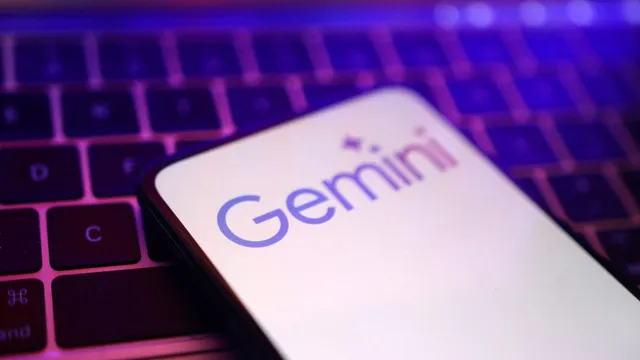- By Alex David
- Mon, 18 Aug 2025 12:10 AM (IST)
- Source:JND
Since ChatGPT's viral rise in late 2022, AI chatbots have become an everyday reality. OpenAI's ChatGPT remains the dominant option on the market; however, Google Gemini AI is quickly catching up by offering powerful model launches and seamless integration across Gmail, Calendar, and other Google services.
But here’s the catch: Google by default uses your conversations with Gemini to train future AI models.
Why is Google Training Gemini on Your Conversations?
Large Language Models (LLMs) like Gemini learn by analysing patterns in language, reasoning, and context. While public datasets help, they aren’t enough to capture how real people ask questions.
That’s why Google leverages user interactions: by studying common queries and responses, Gemini improves its ability to adapt and deliver more useful answers.
ALSO READ: Vivo Vision Headset Launch Confirmed For August 21 In China
However, this raises concerns. With users increasingly turning to AI for everything from tax questions to personal issues, many are uneasy about Google storing such sensitive conversations.
How to Stop Gemini from Training on Your Conversations
If you’d rather not have Gemini use your chats for training, Google provides a way to opt out. The setting is currently called “Gemini Apps Activity” (soon to be renamed “Keep activity”). Here’s how to turn it off:
On Desktop
- Go to gemini.google.com and sign in.
- Click the three-bar menu (top left) → Settings & help.
- Select Activity.
- Toggle Turn off Gemini activity.
- To add privacy, delete past Gemini activity.
Note: Google stores Gemini activity for 72 hours before deleting it. Repeat the process for each Google account you use Gemini with.
On Mobile
- Open the Gemini app on your phone.
- Tap your account icon (top right).
- Select the Gemini apps activity.
- Toggle it off and delete past activity if needed.
The Bottom Line: If privacy is a priority, disabling Gemini’s activity setting ensures your conversations won’t be used to train future AI models.

